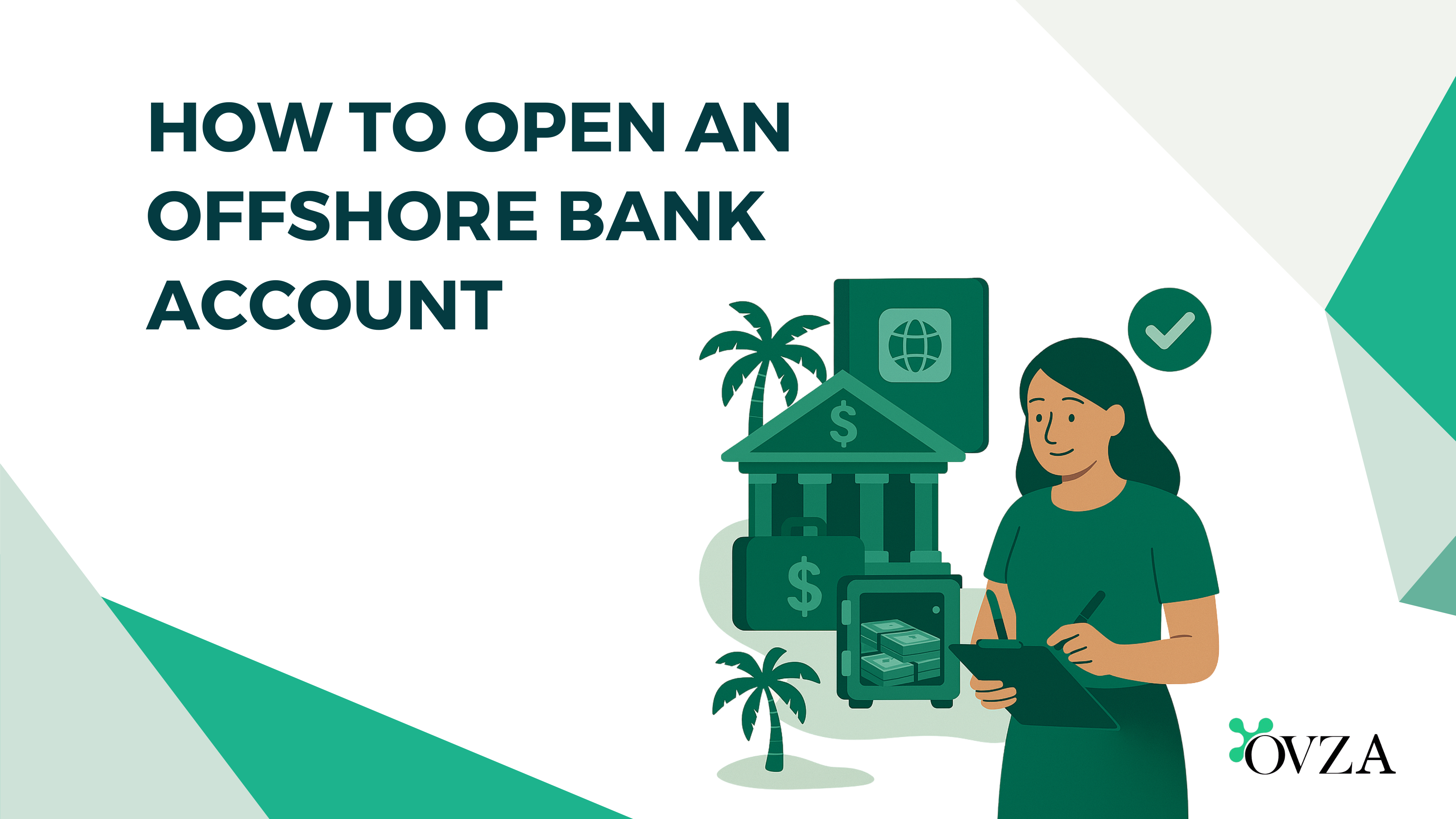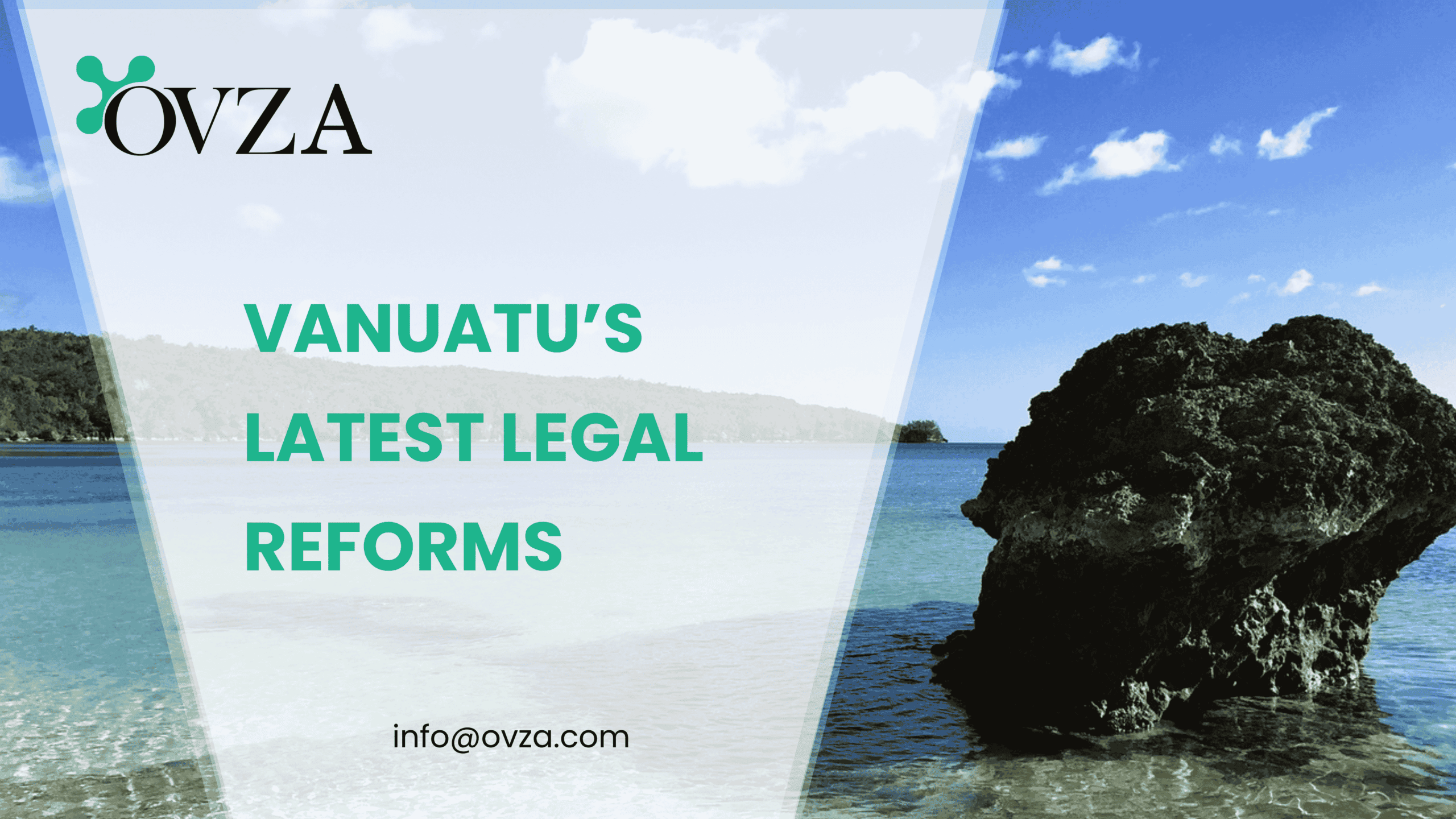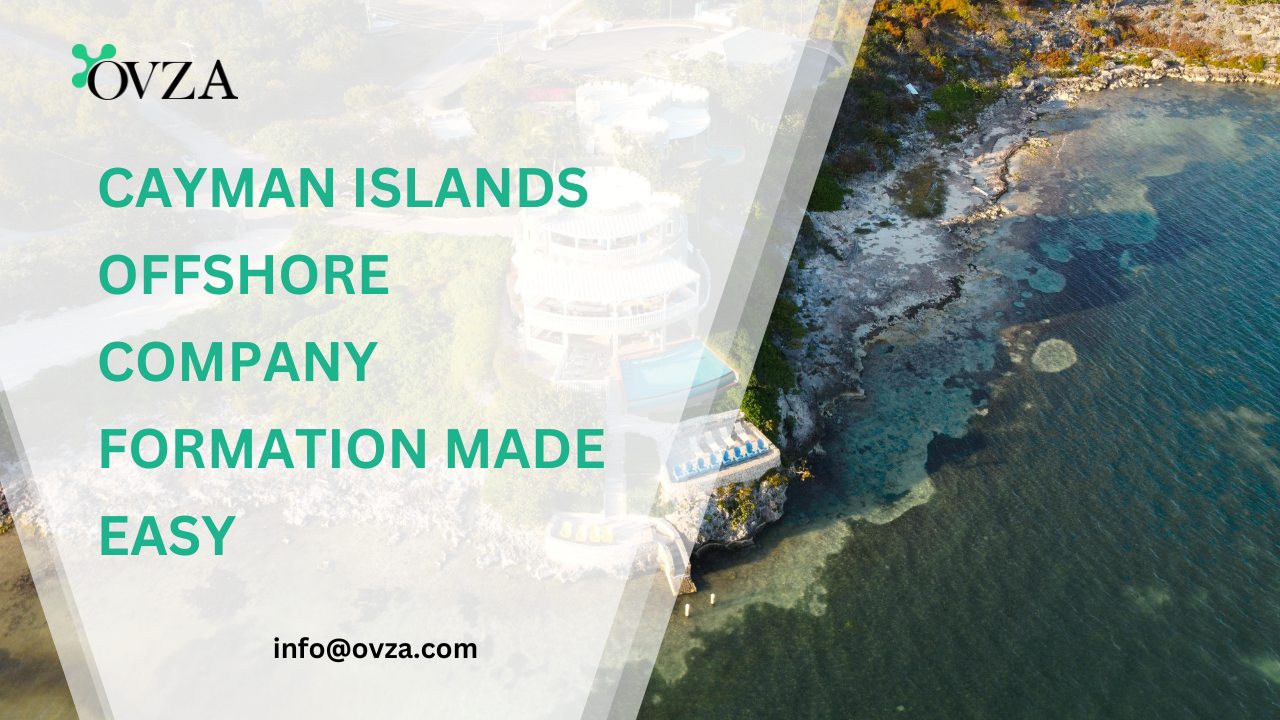Opening an offshore bank account is a legitimate and often strategic decision for individuals and businesses operating internationally. Offshore banking is not inherently secretive or illegal—it is simply the act of maintaining a bank account in a jurisdiction outside of your country of residence. When structured correctly, it offers access to global financial services, greater flexibility in managing cross-border transactions, and potential tax efficiencies.
However, offshore banking is not a one-size-fits-all solution. The method you choose to open and use an offshore account will determine both the benefits and the legal responsibilities that come with it. Broadly speaking, there are two legal approaches. The first involves opening a corporate bank account for an offshore company that you control. The second is to open a personal offshore bank account in your own name.
These two options are treated very differently under the law—particularly in relation to taxation, reporting requirements, and personal financial liability. Before choosing a structure, it’s important to first understand the distinction between offshore and onshore banking environments, and what those differences mean in practice.
The Differences Between Offshore vs. Onshore Banks
Offshore banks are financial institutions located outside the account holder’s country of residence. These banks typically operate in jurisdictions that specialize in servicing non-resident clients, such as the Cayman Islands, Belize, or the Bahamas. Offshore banks are designed to support international banking needs. They often offer multi-currency accounts, remote onboarding, and reduced bureaucratic barriers for non-residents. Because they are built around foreign account holders, they also tend to provide higher levels of confidentiality—although global transparency initiatives have made these protections more limited than in the past.
Onshore banks, in contrast, are those located within your home country. They operate under your local financial regulations and are fully tied to your domestic tax and legal system. These banks are designed for day-to-day personal or business banking, such as receiving salaries, paying local taxes, or managing domestic transactions. While onshore banks are convenient for local use, they tend to offer fewer international capabilities and less privacy. In many cases, they also require more documentation and compliance measures for global transactions or foreign-sourced income.
The primary difference between the two environments lies not only in location, but in how the banks interface with your legal obligations. Offshore banks, particularly when accessed through a properly registered company, create a separation between your personal finances and the assets or income being managed internationally. Onshore banks, however, are tightly connected to your personal tax profile, meaning every account or transaction is more directly attributed to you as an individual.
Below is a chart that highlights the differences between the two types of banks:
Here’s a side-by-side comparison:
| Feature | Offshore Bank | Onshore Bank |
|---|---|---|
| Location | Outside your country of residence | Within your country of residence |
| Currency Flexibility | Multi-currency accounts commonly available | Usually limited to local currency |
| Privacy | Greater financial privacy (within limits) | Subject to domestic reporting laws |
| Tax Exposure | May be lower for corporations | Linked directly to personal taxation |
| Regulatory Environment | Tailored to non-resident clients | Designed for domestic users |
| Use Case | Ideal for global business and asset protection | Ideal for local day-to-day banking |
The Role of Legal Structure in Offshore Banking
One of the most important but often overlooked aspects of offshore banking is the legal structure that sits behind the account. While many people focus on which bank to choose or which country offers the best privacy, the real foundation of a successful offshore banking setup lies in the entity that holds the account.
Banks—particularly those operating in international financial centers—do not treat all clients the same. An offshore account opened in the name of a properly registered business is typically seen as more legitimate, more organized, and ultimately easier to manage than an account held by an individual. That’s because corporate clients are expected to follow formal processes, issue invoices, maintain records, and adhere to regulatory standards that banks are already equipped to handle.
From a legal perspective, structure matters even more. When a company holds a bank account, the law treats the company as a separate entity. This is a key distinction. It means the funds in that account are not held by the individual personally, but by the legal entity. This separation has several benefits—not only in terms of liability, but also in how different tax authorities may view the account, the transactions that flow through it, and the reporting obligations that come with it.
This is why, for most clients who want to open an offshore bank account—whether for business, asset holding, or international operations—the first step is not choosing the bank, but registering an offshore company.
At OVZA, we help clients incorporate offshore entities in jurisdictions that are known for their stability, favorable regulatory environments, and bankability. Once the company is established, it becomes the applicant for the bank account. This structured approach simplifies compliance, reduces risk, and creates a legal and operational framework that aligns with international banking expectations.
When the Offshore Bank Account Is in Your Name
While many clients opt to open an offshore bank account through a company, others consider opening an account in their own name. In some cases, this might be due to simplicity—there’s no need to register a legal entity—or because the account is intended for personal use, such as savings, travel, or relocation planning.
Offshore banks in certain jurisdictions do still accept personal clients, and the process may appear straightforward at first. However, what’s often misunderstood is the legal and tax implication of holding an offshore account as an individual rather than through a corporate structure. When an account is held in your name, it is almost always directly tied to your personal identity, residence, and tax obligations. That connection can have consequences—especially for residents of high-tax countries or jurisdictions with aggressive foreign asset reporting regimes.
In many countries, simply holding a personal offshore account may trigger disclosure requirements, additional scrutiny, or even audits—regardless of whether any wrongdoing occurred. This is because, legally, the funds are yours, and tax authorities often treat personal offshore holdings with more suspicion than business accounts. Even where the source of funds is legitimate, the mere presence of an offshore personal account can result in complex filing obligations or assumptions about hidden income.
By contrast, when an offshore company owns the offshore bank account, the account is not directly attributed to you personally. Instead, it belongs to a separate legal person—your company. While you may control the company, and benefit from its earnings, the funds it holds are not legally the same as your personal assets. This distinction often changes how both banks and tax authorities view the structure.
There are still scenarios where personal offshore banking may be appropriate—such as for global mobility planning, asset diversification, or lifestyle management—but those cases require clear professional guidance. Without structure, personal offshore banking may create more liability than it protects.
This is why most of OVZA’s clients begin not with a bank, but with a company. Proper structure leads to proper compliance. And with the right legal foundation, offshore banking can be an efficient and compliant tool—not a liability.
Conclusion – Structure First, Then Strategy
Offshore banking, when approached thoughtfully, is not about hiding money—it’s about structuring your financial life or business in a way that aligns with global realities. In today’s interconnected world, individuals and companies often operate across borders, hold assets in multiple currencies, and require tools that go beyond what local banks can offer. Offshore banking provides that reach, but only when it’s built on a solid legal foundation.
Whether you’re running an international business, protecting assets, or planning for global expansion, the key to success is in how you set things up. Opening an offshore account through a properly registered company gives you legal clarity, operational flexibility, and reduced personal exposure. It turns banking into a tool—not a risk.
At OVZA, we help our clients begin the right way: with structure. From offshore company formation to compliant bank account setup, we provide the guidance and execution needed to make your offshore strategy work—legally, efficiently, and with confidence.
If you’re considering offshore banking, don’t start with the bank. Start with the right structure. Then let the strategy follow.
Disclaimer: The information provided on this website is intended for general reference and educational purposes only. While OVZA makes every effort to ensure accuracy and timeliness, the content should not be considered legal, financial, or tax advice.













